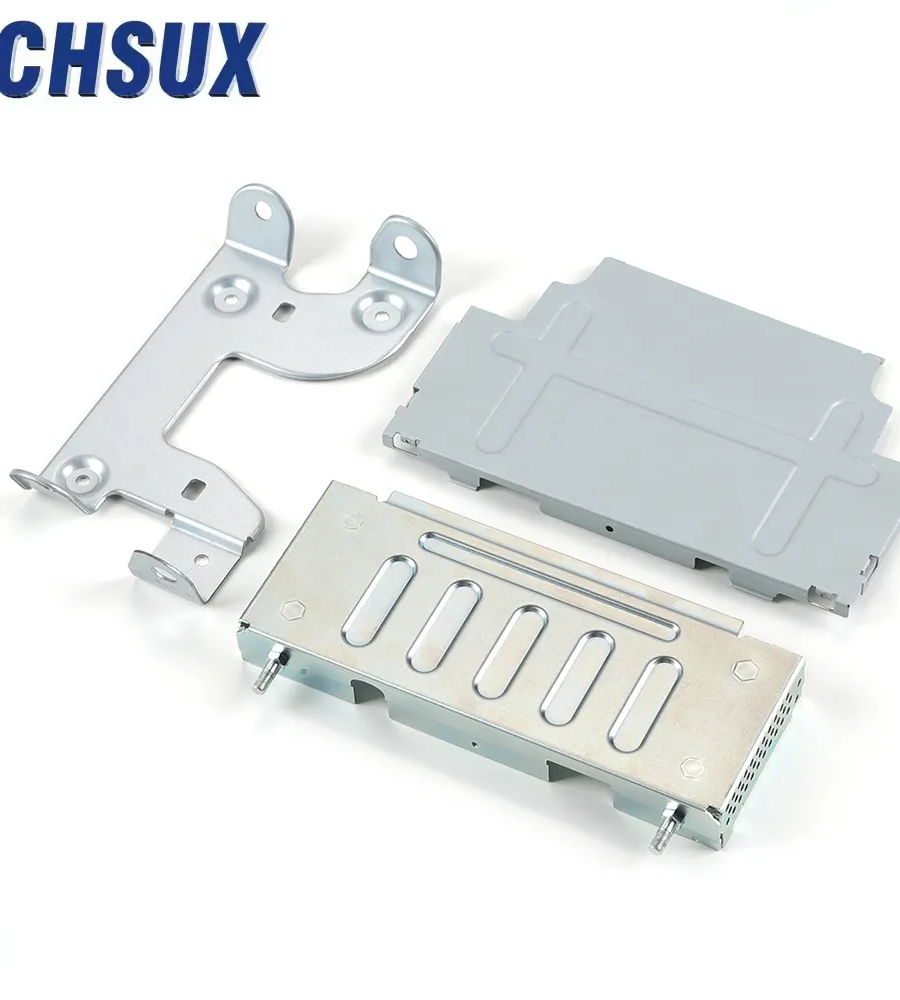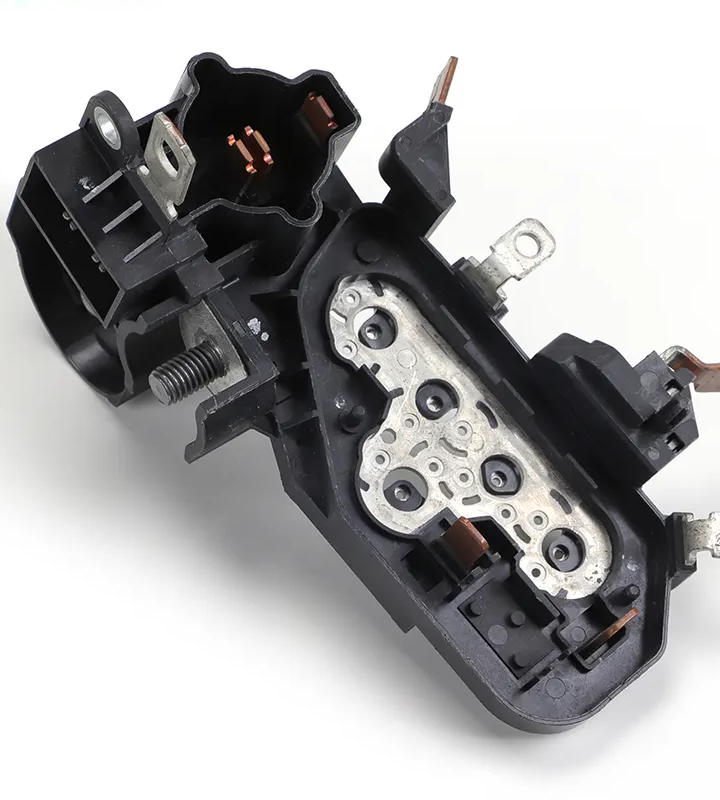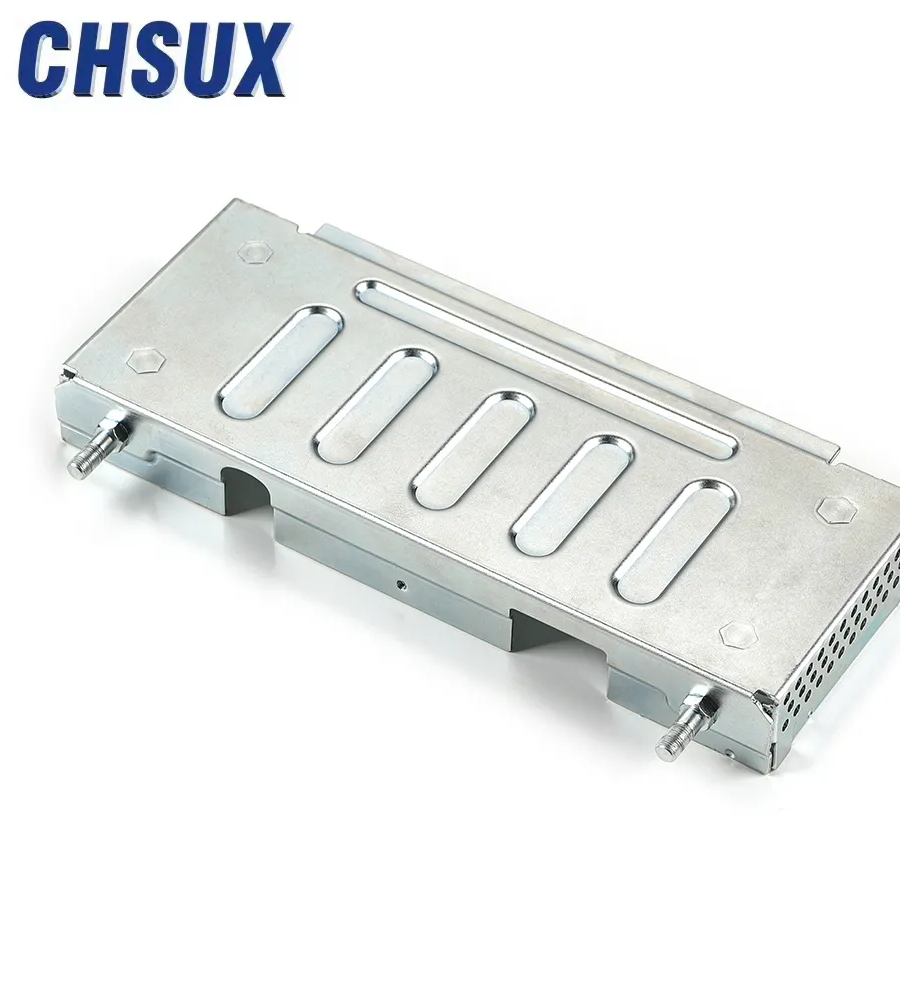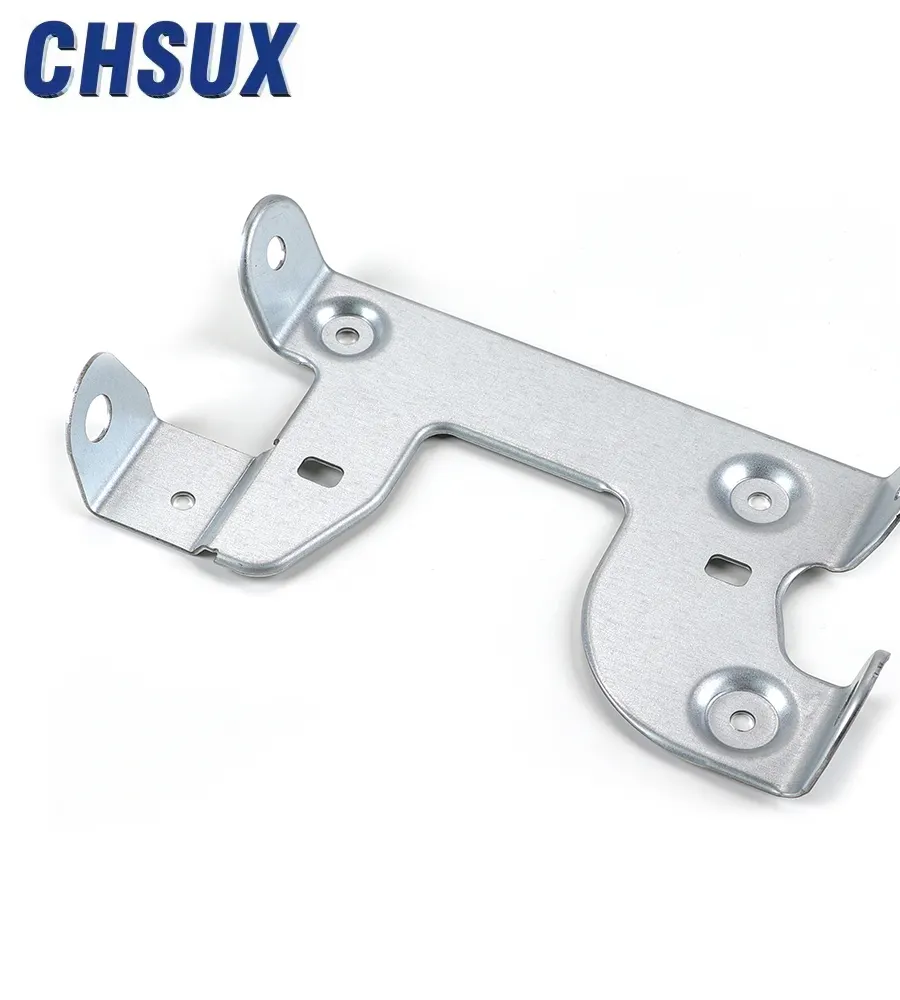
ソーラー ハイブリッド インバーターは、現代のソーラー システムの基盤であり、ソーラーパネル、バッテリー、およびグリッド間のインテリジェントなエネルギー管理を可能にします。これらは、エネルギー使用の最適化と途切れのない電力供給を確保するための信頼性の高い環境に優しいソリューションを提供します。

エネルギー節約に加えて 太陽光ハイブリッドインバーターに資金を投入すると 経済的な利点も多くあります このインバーターは太陽光発電の利用を最適化し 電気代を削減します 節約した電力は 初期購入価格を 支払えるので 経済的に有効です さらに,一部の地域では,ハイブリッドインバーター搭載の太陽光発電システムを設置する際のインセンティブや割引や税金控除なども提供しており,コスト効率がさらに高くなっている. 太陽光ハイブリッドインバーターを使うことで 安全な電力源を得ることだけでなく 賢明な財政的決定をします エネルギーコストが下がり 長期的には不動産の収益が上がります

現在 太陽光ハイブリッドインバーターは 異なるエネルギー源から効率的にエネルギーを管理するのに役立つ 最も重要な再生可能エネルギー技術の一つです このようなインバーターは 太陽光パネルや電池と電網から来る電力を 断絶なく組み合わせて 家庭や事業に常に 信頼性の高い電力を供給できるようにします 太陽光ハイブリッドインバーターは,必要に応じて電気を賢く分配し,太陽系の効率を高めます. つまり電力会社からの電力消費を削減できるのです 電気代を削減し 個々の炭素排出量を減らすことができます 既存の装置を改良するか この技術で新しいスタートをすることか 構いません 太陽光ハイブリッドインバーターへの投資は 持続可能なエネルギーへの未来の可能性を表すので 今後も持続可能になります

エネルギーシステムでは,太陽光ハイブリッドインバーターは,家庭や企業が,余分な太陽光発電を後日利用するために保存できる貯蔵施設として機能します. 日中は太陽が照らしているとき,太陽電池は通常,その時点で必要以上に電力を生産します. この余剰電力を電網に送る代わりに 太陽光ハイブリッドインバーターを使って 電池に貯蔵できます 蓄積されたエネルギーは,日光がないときや停電時に 家を照らすか,ビジネスを運営するために使えます 電力供給が安定するだけでなく 発電のピーク時の利用が可能になるため 電気代も節約できます

ソーラーハイブリッドインバーターには多くの利点がありますが、おそらく最も重要なのは停電時にも電力を生産し続ける能力です。通常のインバーターは電力網からの電気にのみ依存していますが、ハイブリッドインバーターは太陽光、バッテリー、電力網の電力をシームレスに切り替えることができます。そのため、他のすべてが暗くなっても、あなたの家やオフィスは何も起こらなかったかのように運営を続けることができます。これは、頻繁に停電が発生する場所で特に便利で、重要な家電やシステムが何があっても稼働し続けることを保証します。このように太陽光発電とバッテリー蓄電、電力網へのアクセスを組み合わせることで、ハイブリッドは安心のための堅牢で柔軟なエネルギーソリューションを提供します。

株式会社ドンググアン・チェスクス精密技術株式会社 17年 OEMとODMメーカー 専門はR&D,生産,精密ハードウェア,RFコネクタ,同軸ケーブル,ケーブルアセンブリ,アンテナ,自動車部品,マイクロ波製品です. sma,ssma,smbなどのRF同軸コネクタの包括的な範囲で,私たちは多様な顧客のニーズを満たします.
自動型と半自動型 自動機械 安定した経済を維持する 研究開発チーム 品質へのコミットメントは,IATF 16949 ISO 9001 ISO 14001などの国際基準に準拠していることで明らかです
共同成長と成功のために 世界中からお客様やビジネスパートナーを 招待します
一貫した高品質の材料は,顧客満足を保証します.
効率的な物流は 世界中に間に合う配達を 支援します
魅力的な価格により 批量注文はコスト効率が上がります
対応するサービスが 顧客との関係と信頼を高めます
自動車用ハードウェアの部品には,固定器具,ブレーキ,クランプ,スプリング,ボルトが含まれます. 固定 器具 は 螺栓 や ナッツ の よう に あり,部品 を 固く 結びつけ て い ます. ブラケットはエンジンや電気装置などの部品を支えて設置する. クランプはケーブルやホースを制御し固定し,スプリングは様々なメカニズムに必要な緊張を供給します. ブロックは 重要な部位に 強く耐久性のある接続を 提供し 車両の構造的整合性と性能を 保証します
自動車ハードウェア部品では材料の選択が重要で,耐久性,重量,耐腐蝕性に直接影響します. 高級鋼製の部品は強さと耐久性がありますが 重くなり燃料効率が低下します アルミ は 軽く 腐食 に 耐える もの で,厳しい 環境 に 晒される 部品 に 適し な もの です. プラスチック材料は 費用対効果が高いため 化学薬品に耐性があるため よく使用されますが 金属の代替品の耐久性が 欠けることがあります
自動車のハードウェア部品は 車両の安全にとって不可欠です 部品がすべてしっかりと固定され 正しく機能することを保証します 例えば,高耐久性ボルトは,衝突時に構造的整合性を維持するために,シャーシで使用されます. 適切に 設置 さ れ た 支架 や 固定 器具 は,部品 が ゆるめ て 機能 障害 に 導ける こと を 防ぎ ます. さらに,クランプやスプリングのような部品は,様々なシステムで正しいアライナメントと緊張を維持するのに役立ちます. これにより安全を脅かす障害のリスクが軽減されます.
自動車のハードウェア部品は 簡単に効率的に組み立てられるように設計されています これは現代製造において不可欠です 標準化された部品,例えばボルトやナッツは,迅速な組み立てを可能にし,生産時間を短縮します. 模型のブレーケットとクランプは簡単に設置でき,カスタム部品や道具の必要性が最小限に抑えられます. この効率は 組み立てプロセスを加速させるだけでなく 生産コストを削減し より手頃な価格の車を作ります
自動車用ハードウェア部品の最近の革新は 体重を減らすと同時に強度を増やすことに焦点を当てています 複合材料の進歩により より軽く強くなる部品が作られ 車両の性能と燃料効率が向上します また 異なる条件下で 性質を変えられるスマート素材の利用も 増えています これらの革新は,現代自動車製造に より耐久性があり,適応性があり,持続可能なソリューションを提供することを目指しています.
